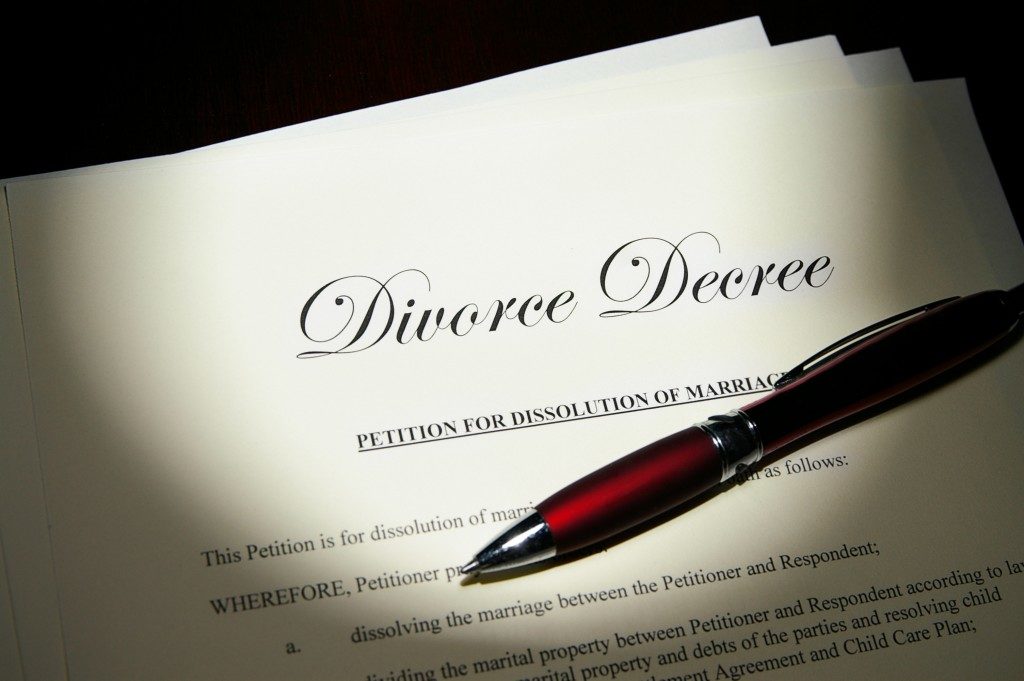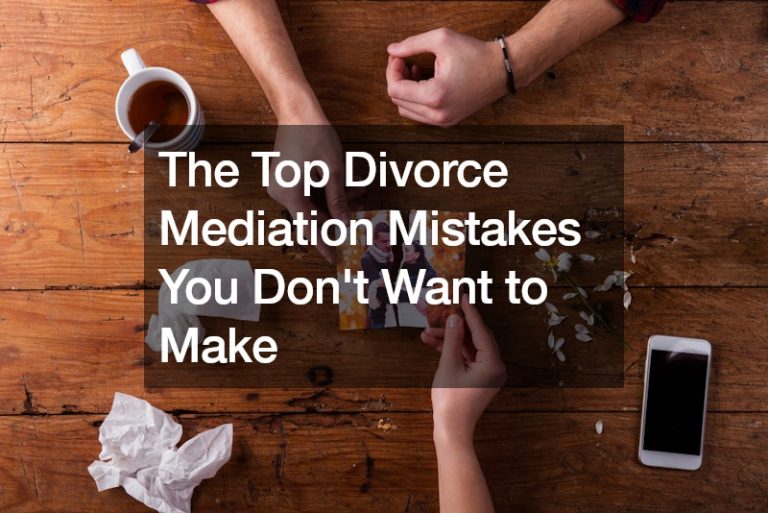Statistics show that 61% of cohabiting same-sex couples are legally married in the United States. Gay couples in Albuquerque and other major cities have now acquired legal rights that were once exclusive to heterosexual couples. But after fighting so hard for your right to marry, you find yourself at the office of a divorce lawyer in Albuquerque, hoping to end your legal union.
You realize that getting a marriage license was the easy part. You understand that the law granted equality only at entry but failed to provide equality upon exit. Gay divorce is surrounded by several issues that make it more complicated than the separation of heterosexual couples. Here are some issues unique to LGBT divorce cases:
-
Residency
The residency requirements in filing a divorce vary from state to state. Most of the states require at least one spouse to be a resident of the state for at least six months to 2 years.
-
Determining the Length of Marriage
The duration of the marriage is one of the factors that the law considers in determining the amount of spousal support to the receiving spouse. This issue is perhaps the most difficult to solve. Before same-sex marriage was legally allowed, most couples were living together and started acquiring assets. Courts in different states might either recognize the length of cohabitation or credit the legal date when the marriage was granted. Divorcing couples can present implied contracts like joint bank accounts, but it’s not a guarantee that the court will honor this evidence and consider backdating.
-
Division of Assets
Because there are no existing laws on accurately assessing the length of same-sex marriages, the distribution of property often becomes an unfair process. Courts have different, unclear criteria in deciding which assets qualify as marital property. One thing is clear; there is no assurance that the earnings generated and properties acquired by both parties during their relationship will be equally divided. This poses serious financial implications, especially to the economically disadvantaged spouse.

-
Visitation Rights, Child Custody, and Support
Most states consider the legal and biological relationship to the child as a criterion for parentage. This means that the biological parent has the sole custodial rights, even if the other spouse has raised the child. On the other hand, the non-biological parent who did not apply for the child’s legal adoption will not be required to give child support. He will also be restricted from having any contact with the child, which can be extremely devastating to both.
-
Aggravated Anxiety Because of Possible Biases
Unlike the straightforward process of legally dissolving heterosexual marriages, LGBT divorce lacks clear legal arguments, which makes it extra challenging. The fear of biased results and unfair judgment adds gravity to feelings of anxiety. To avoid these potential biases, you should create an agreement that is beneficial to both parties and serves the child’s welfare. If you are not the biological parent, you can protect your parental rights by using second-parent adoption. This will ensure that you can still visit the child even after divorce.
The pain of ending any relationship is undeniable. But it’s more painful to continue the relationship when you stopped loving your spouse or vice versa. Your divorce case might be a little different, but like heterosexual divorce, it will officially start your healing process.







